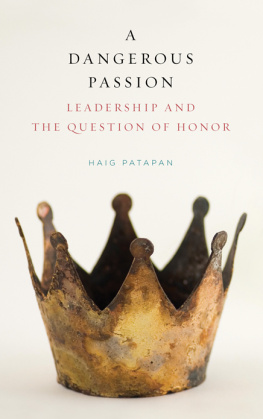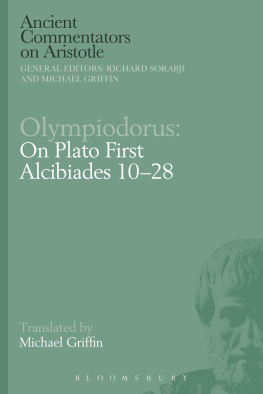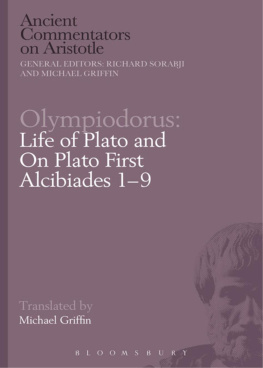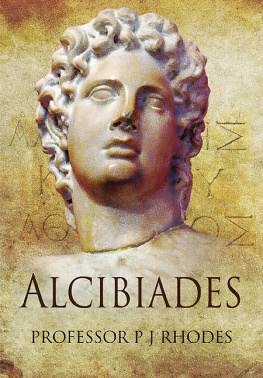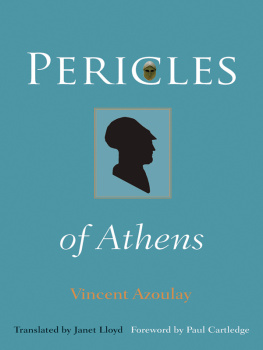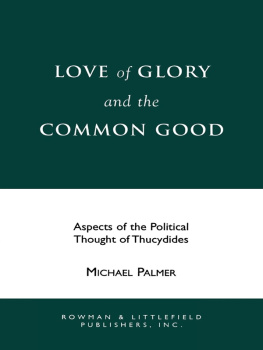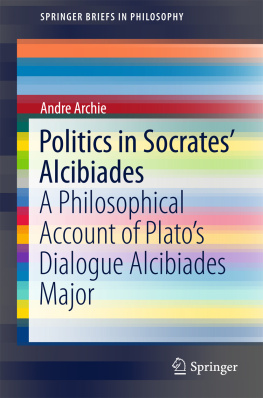Ariel Helfer - Socrates and Alcibiades: Plato’s Drama of Political Ambition and Philosophy
Here you can read online Ariel Helfer - Socrates and Alcibiades: Plato’s Drama of Political Ambition and Philosophy full text of the book (entire story) in english for free. Download pdf and epub, get meaning, cover and reviews about this ebook. year: 2017, publisher: University of Pennsylvania Press, genre: Science. Description of the work, (preface) as well as reviews are available. Best literature library LitArk.com created for fans of good reading and offers a wide selection of genres:
Romance novel
Science fiction
Adventure
Detective
Science
History
Home and family
Prose
Art
Politics
Computer
Non-fiction
Religion
Business
Children
Humor
Choose a favorite category and find really read worthwhile books. Enjoy immersion in the world of imagination, feel the emotions of the characters or learn something new for yourself, make an fascinating discovery.

- Book:Socrates and Alcibiades: Plato’s Drama of Political Ambition and Philosophy
- Author:
- Publisher:University of Pennsylvania Press
- Genre:
- Year:2017
- Rating:5 / 5
- Favourites:Add to favourites
- Your mark:
Socrates and Alcibiades: Plato’s Drama of Political Ambition and Philosophy: summary, description and annotation
We offer to read an annotation, description, summary or preface (depends on what the author of the book "Socrates and Alcibiades: Plato’s Drama of Political Ambition and Philosophy" wrote himself). If you haven't found the necessary information about the book — write in the comments, we will try to find it.
In the classical world, political ambition posed an intractable problem. Ancient Greek democracies fostered in their most promising youths a tension-ridden combination of the desire for personal glory and deep-seated public-spiritedness in hopes of producing brilliant and capable statesmen. But as much as active civic engagement was considered among the highest goods by the Greek citizenry, the attempt to harness the love of glory to the good of the city inevitably produced notoriously ambitious figures whose zeal for political power and prestige was so great that it outstripped their intention to win honor through praiseworthy deeds. No figure better exemplifies the risks and rewards of ancient political ambition than Alcibiades, an intelligent, charming, and attractive statesman who grew up during the Golden Age of Athens and went on to become an infamous demagogue and traitor to the city during the Peloponnesian War.
In Socrates and Alcibiades, Ariel Helfer gathers Platos three major presentations of Alcibiades: the Alcibiades, the Second Alcibiades, and the Symposium. Counter to conventional interpretation, Helfer reads these texts as presenting a coherent narrative, spanning nearly two decades, of the relationship between Socrates and his most notorious pupil. Helfer argues that Plato does not simply deny the allegation that Alcibiades was corrupted by his Socratic education; rather, Platos treatment of Alcibiades raises far-ranging questions about the nature and corruptibility of political ambition itself. How, Helfer asks, is the civic-spirited side of political ambition related to its self-serving dimensions? How can education be expected to strengthen or weaken the devotion toward ones fellow citizens? And what might Socratic philosophy reveal about the place of political aspiration in a spiritually and intellectually balanced life? Socrates and Alcibiades recovers a valuable classical lesson on the nature of civic engagement and illuminates our own complex political situation as heirs to liberal democracys distrust of political ambition.
Ariel Helfer: author's other books
Who wrote Socrates and Alcibiades: Plato’s Drama of Political Ambition and Philosophy? Find out the surname, the name of the author of the book and a list of all author's works by series.

